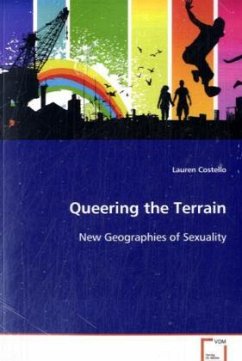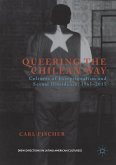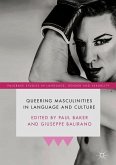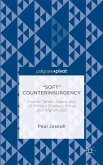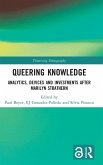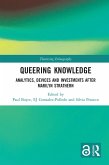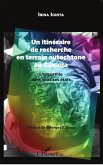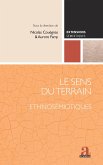Homosexuality was once considered to be the
forgotten half of the sexuality equation in
theories of geography. To date geographical
explorations of sexuality have been concerned with
gay and lesbian sexuality, thereby obscuring
heterosexuality. Lauren Costello examines the
complex processes whereby homosexuality is
constituted as deviant and heterosexuality is
unproblematically constructed as a normative
expression of desire. Using a diverse set of
empirical case studies, including the Australian
Defence Force bans on sexuality and treatment of
women; State laws criminalising homosexuality and;
the spatial regulation of public spaces, the author
provides innovative and original theories to open up
the possibility of seeing sexuality outside of a
binary structure. Dr Costello offers new
perspectives that reposition heterosexuality as no
longer secure and normative and recasts traditional
understandings of sexuality. The author has
produced an engaging and scholarly monograph
relevant to those concerned with producing
discourses of space and place or narratives of sex,
gender and sexuality that destabilise privileged
notions of desire.
forgotten half of the sexuality equation in
theories of geography. To date geographical
explorations of sexuality have been concerned with
gay and lesbian sexuality, thereby obscuring
heterosexuality. Lauren Costello examines the
complex processes whereby homosexuality is
constituted as deviant and heterosexuality is
unproblematically constructed as a normative
expression of desire. Using a diverse set of
empirical case studies, including the Australian
Defence Force bans on sexuality and treatment of
women; State laws criminalising homosexuality and;
the spatial regulation of public spaces, the author
provides innovative and original theories to open up
the possibility of seeing sexuality outside of a
binary structure. Dr Costello offers new
perspectives that reposition heterosexuality as no
longer secure and normative and recasts traditional
understandings of sexuality. The author has
produced an engaging and scholarly monograph
relevant to those concerned with producing
discourses of space and place or narratives of sex,
gender and sexuality that destabilise privileged
notions of desire.

